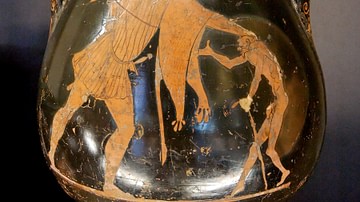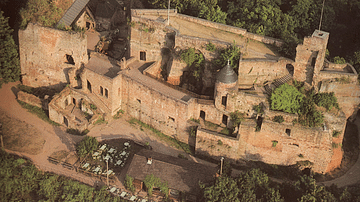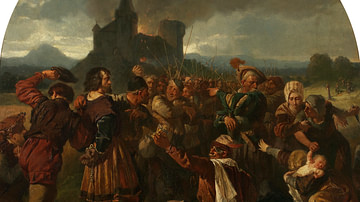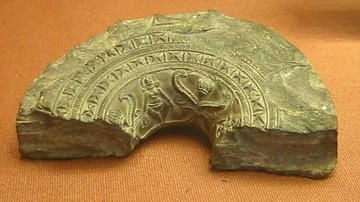Search
Search Results

Definition
The Ancient City
In the study of the ancient world a City is generally defined as a large populated urban center of commerce and administration with a system of laws and, usually, regulated means of sanitation. This is only one definition, however, and the...

Article
Growing Old in Ancient Greece & Rome
Although life expectancy was lower in ancient Greece and Rome, many people survived into old age. Those who reached old age tended to accumulate wealth and political power. However, the societies of the ancient Mediterranean were also often...

Definition
Knights' Revolt
The Knight’s Revolt (1522-1523) was a military action led by the German imperial knight Franz von Sickingen (l. 1481-1523) and encouraged by the knight and writer Ulrich von Hutten (l. 1488-1523) launched to restore the status of the imperial...

Article
Continuity and Change after the Fall of the Roman Empire
The cataclysmic end of the Roman Empire in the West has tended to mask the underlying features of continuity. The map of Europe in the year 500 would have been unrecognizable to anyone living a hundred years earlier. Gone was the solid boundary...

Definition
Ancient Korea
Korea, located on a large peninsula on the eastern coast of the Asian mainland, has been inhabited since Neolithic times. The first recognisable political state was Gojoseon in the second half of the first millennium BCE. From the 1st century...

Definition
German Peasants' War
The German Peasants' War (1524-1525) was a conflict between the lower class of the Germanic region of the Holy Roman Empire and the nobility over the feudal system of serfdom, religious freedom, and economic disparity. It was later characterized...

Image
The Three Estates of Pre-revolutionary France
The Three Estates of pre-revolutionary France were the hierarchical social divisions that structured society under the Ancien Régime (French for "Old Regime," a term coined after the French Revolution to describe the pre-revolutionary system...

Definition
Arthashastra
The Arthashastra is an Indian treatise on politics, economics, military strategy, the function of the state, and social organization attributed to the philosopher and Prime Minister Kautilya (also known as Chanakya, Vishnugupta, l. c. 350-275...

Definition
Medieval Icelandic Government
Early medieval Icelandic government, or Viking Iceland, has been termed an incipient form of democracy or democratic parliamentarism, however, the system was actually nothing like its European counterparts, be they medieval or contemporary...

Article
Prehistoric Hunter-Gatherer Societies
Hunter-gatherer societies are – true to their astoundingly descriptive name – cultures in which human beings obtain their food by hunting, fishing, scavenging, and gathering wild plants and other edibles. Although there are still groups of...